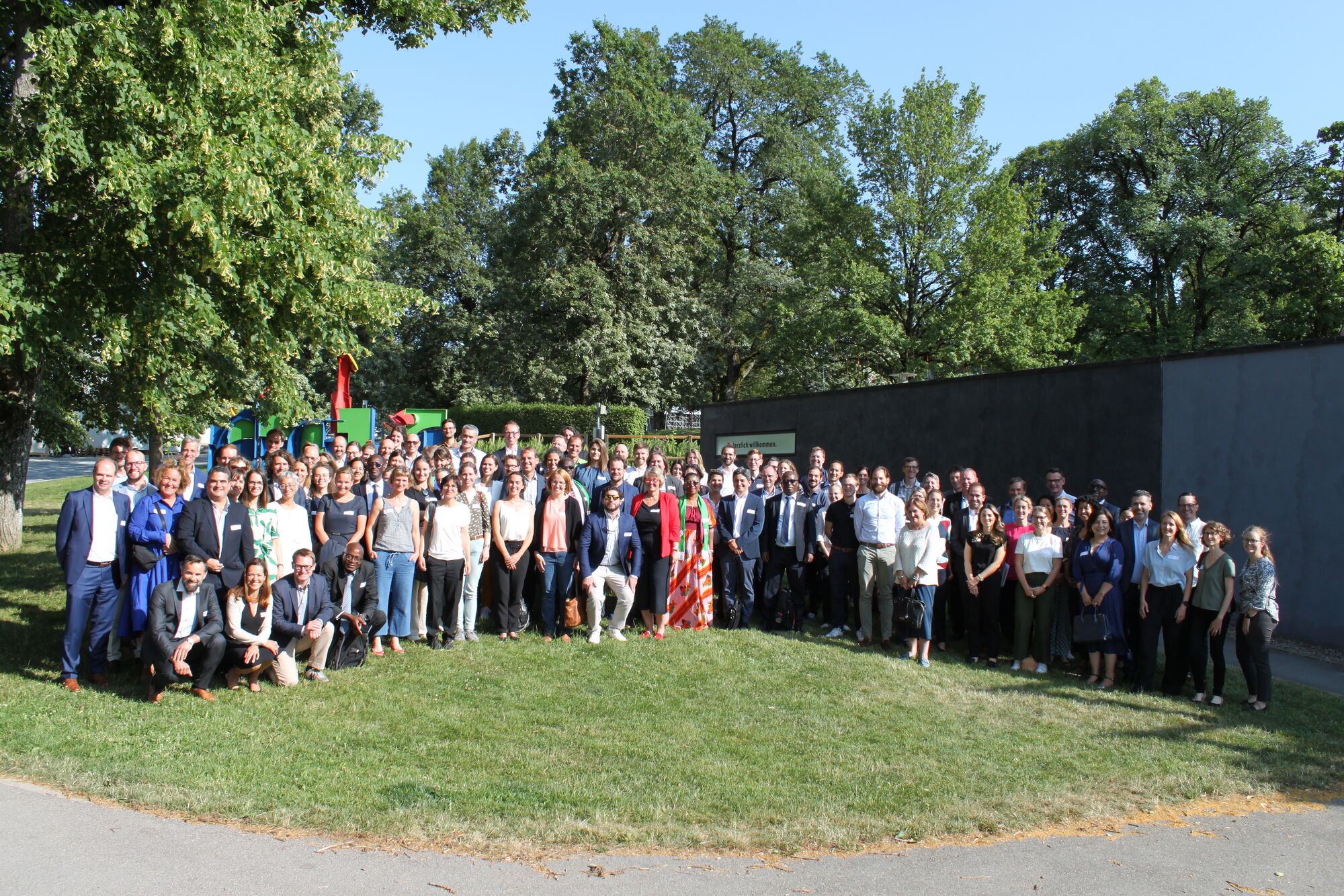One of the primary drivers of deforestation is the expansion of agricultural land, particularly for coffee, cocoa, palm oil, and soy plantations. Acknowledging the urgency of the situation, the European Union (EU) acted with its Deforestation-Free Products Regulation (EUDR), which came into force this June.
The regulation will impose stringent framework conditions amongst others on the import of coffee, cocoa, palm oil, and soy into the EU. Companies will be required to prove that their supply chains do not contribute to forest destruction or degradation. As part of their due diligence, they must identify the precise geographical coordinates of where the agricultural commodities are produced, ensuring transparency and sustainability throughout the supply chain.
Based on the fruitful discussions, the Swiss Platform for Sustainable Cocoa, the Soy and Palm Oil Networks and the Coffee Interest Group have identified three key areas of action that will guide their collaborative efforts moving forward:
1️ Traceability: Enhancing transparency and traceability is crucial, and we will work together to further develop and align standards. By leveraging synergies in data management and tools, we can achieve improved traceability and have a positive impact on sustainability. Our aim is to align with globally recognized sustainability standards.
2️ Landscape Approaches: We recognize the importance of implementing landscape approaches to protect and restore forests. We are actively involved in the development and implementation of such approaches, which will empower farmers to adopt climate-smart agricultural practices. By promoting biodiversity and resilience to climate change in sourcing regions, we can contribute to sustainable supply chains.
3️ Investments: Transitioning to climate-friendly farming practices requires substantial investments in training, advisory services, plant material, and financial compensation for small-scale producers, particularly in the initial stages. We believe in the potential of public-private partnerships, climate funds, and local financial resources to support this transition effectively. Therefore, we will strive to optimize coordination and utilization of these resources.
Throughout the event, speakers from the different stakeholder groups of all four sector initiatives as well as Hannelore Beerlandt (advisor for the EU), provided inputs on the EUDR and the implications for the different stakeholder groups. We were honored to have the Minister of Water and Forests of the Côte d’Ivoire, Laurent Tchagba, join us for this exchange. He emphasized the importance of preserving forests in Côte d’Ivoire, the world's largest cocoa exporter. Minister Tchagba firmly believes that the root causes of deforestation can be effectively addressed through increased cooperation among all stakeholders on the ground.
We, the Swiss Platform for Sustainable Cocoa, the Soy and Palm Oil Networks and the Coffee Interest Group are committed to continuing our efforts to ensure sustainable supply chains and to contribute to the conservation and restoration of tropical forests.

